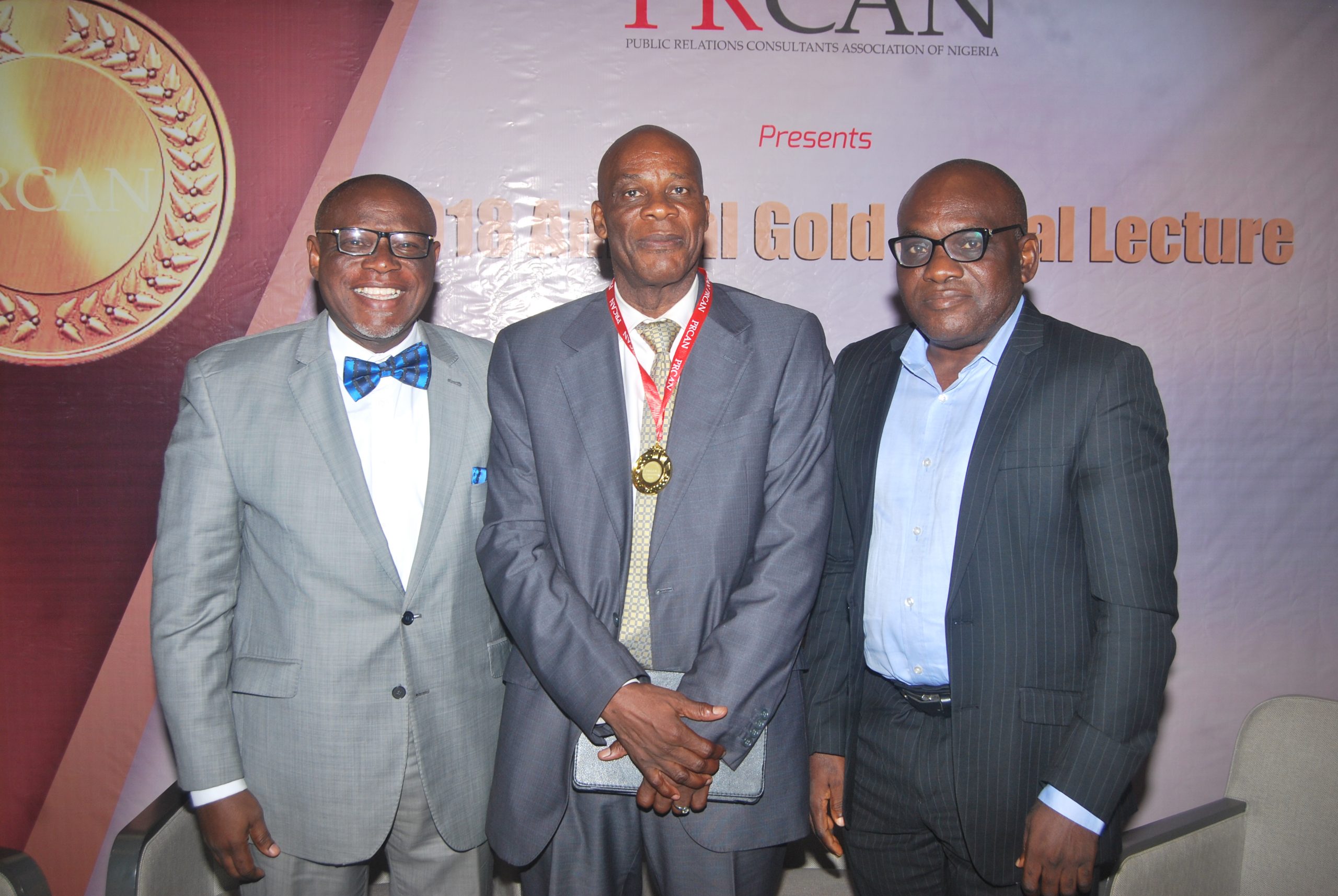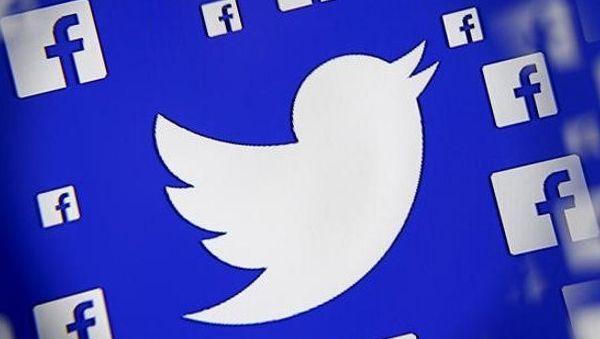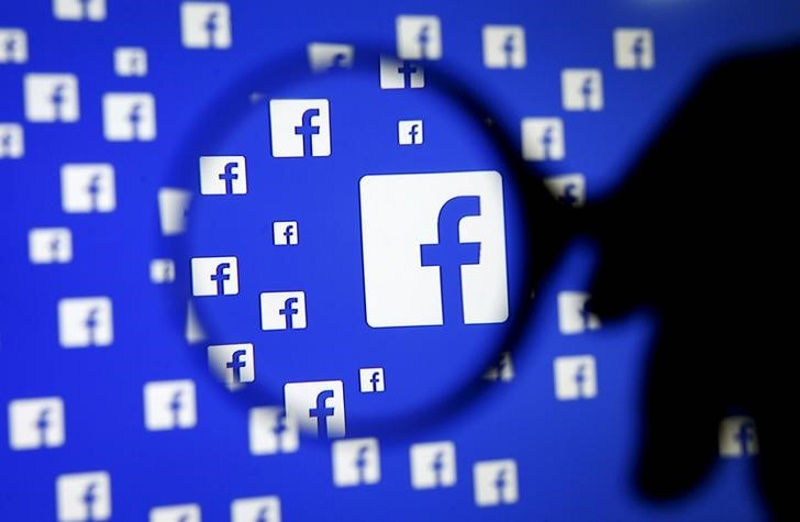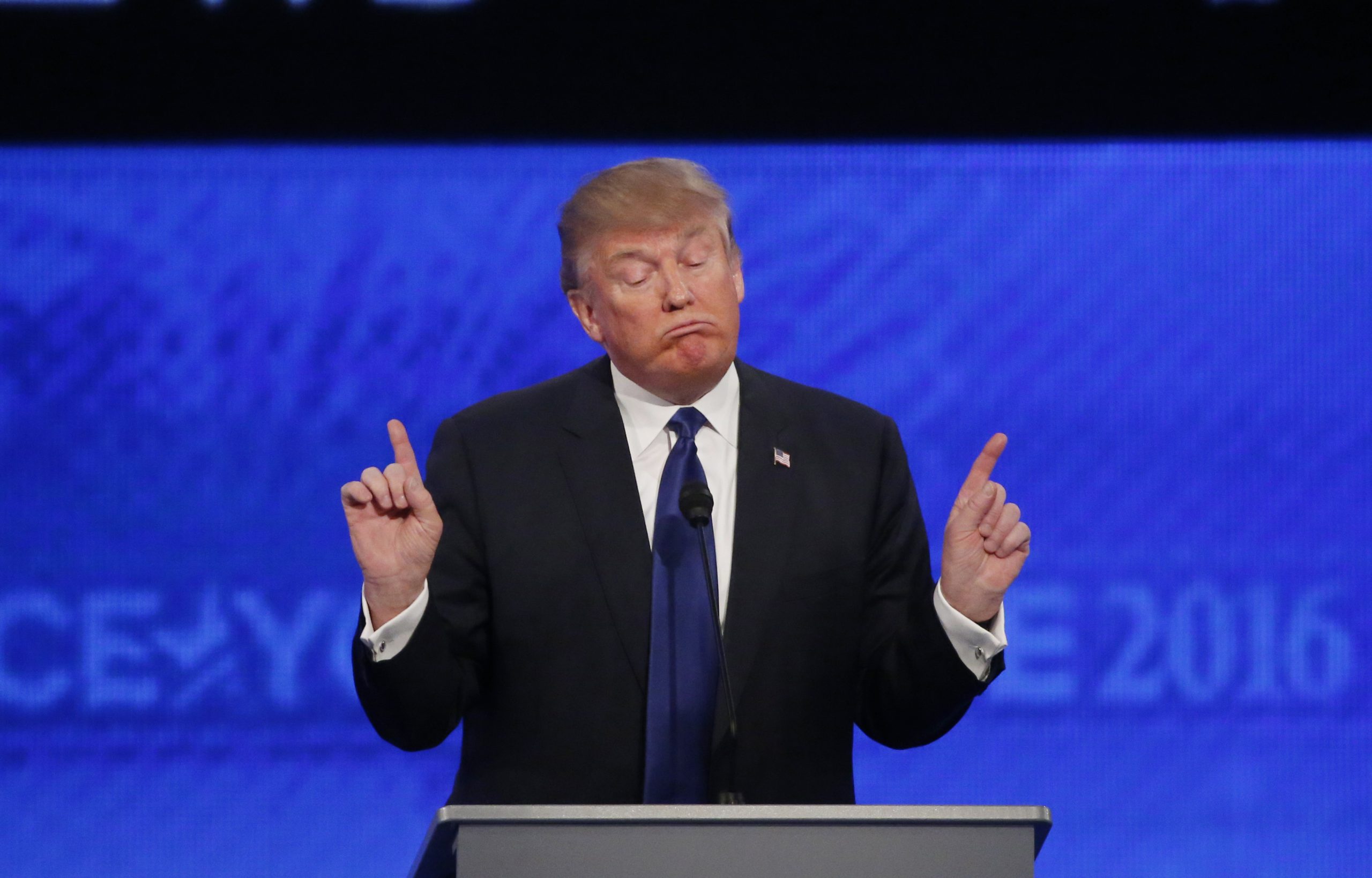Eminent professionals in public relations, academics and the media have called for increased adherence to journalism ethics, improved skills in investigative journalism and retraining among media practitioners in order to tackle the growing menace of fake news.
Speaking at the 2018 edition of the Annual Gold Medal Lecture of the Public Relations Consultants Association of Nigeria (PRCAN) in Lagos, the experts lamented that the growing trend of fake news has become hurtful to communication, particularly public relations which is anchored on message believability.
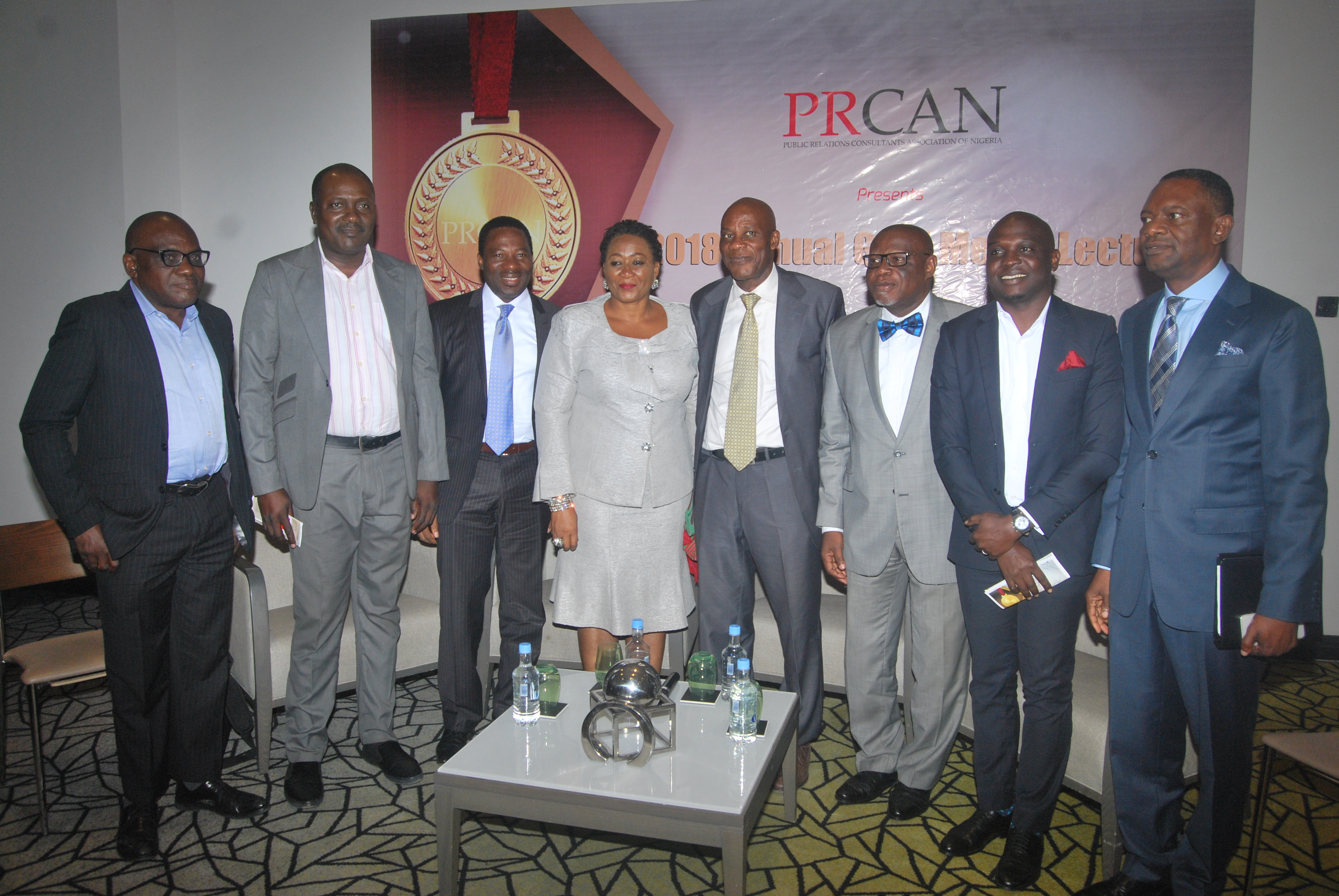
A panel of discussants and the audience derived their admonition from the paper on “Communicating Effectively in the Era of Fake News, Alternative Facts and Post-Truth,” by the Guest Lecturer and pioneer Dean of the School of Media and Communications, Pan Atlantic University, Lagos, Prof. Emevwo Biakolo.
The PRCAN Gold Medal Lecture was chaired by the President and Chairman of the Governing Council of the Nigerian Institute of Public Relations (NIPR), Mallam Mukhtar Zubairu Sirajo, with the Publisher of BusinessDay newspapers, Frank Aigbogun as the moderator. In the discussion panel were former Rivers State Commissioner for Information and Communication, Dr Austin Tam-George; Nigeria Editor of Africa Check, David Ajikobi; and the President of the Guild of Corporate Online Publishers, Dotun Oladipo.
“With the growing increase of online and social media platforms acceptance, fake news has increased as everybody with a phone can be a reporter, editor and publisher all at the same time without the burden of social responsibility, standards or ethics,” Prof. Biakolo lamented. This, he explained, had led to different versions of the truth.
“What the trained journalist considers the truth might be his own truth as a journalist, while the bearer of the fake news who is not trained might consider his own version of the truth as the real truth while he considers the trained journalist’s own version as the alternative truth. It’s about perspective and power dynamics,” he further said.
He cautioned that alternative facts and post-truth should be curbed because of the huge adverse impact they have on the credibility and believability of a medium as well as the journalist that authors such news story.
Prof. Biakolo also postulated that, “from the point of view of social construction, any principle of subvention that leads an investigator to choose certain facts during an investigation is preconditioned by society and interest because facts are socially and culturally constructed. You should realise that the media operates as a social system within the wider social system.”
He observed that in the era when news was solely disseminated through institutional outlets such as print, television and radio, the media channels were guided by responsibility of accuracy and ethics.
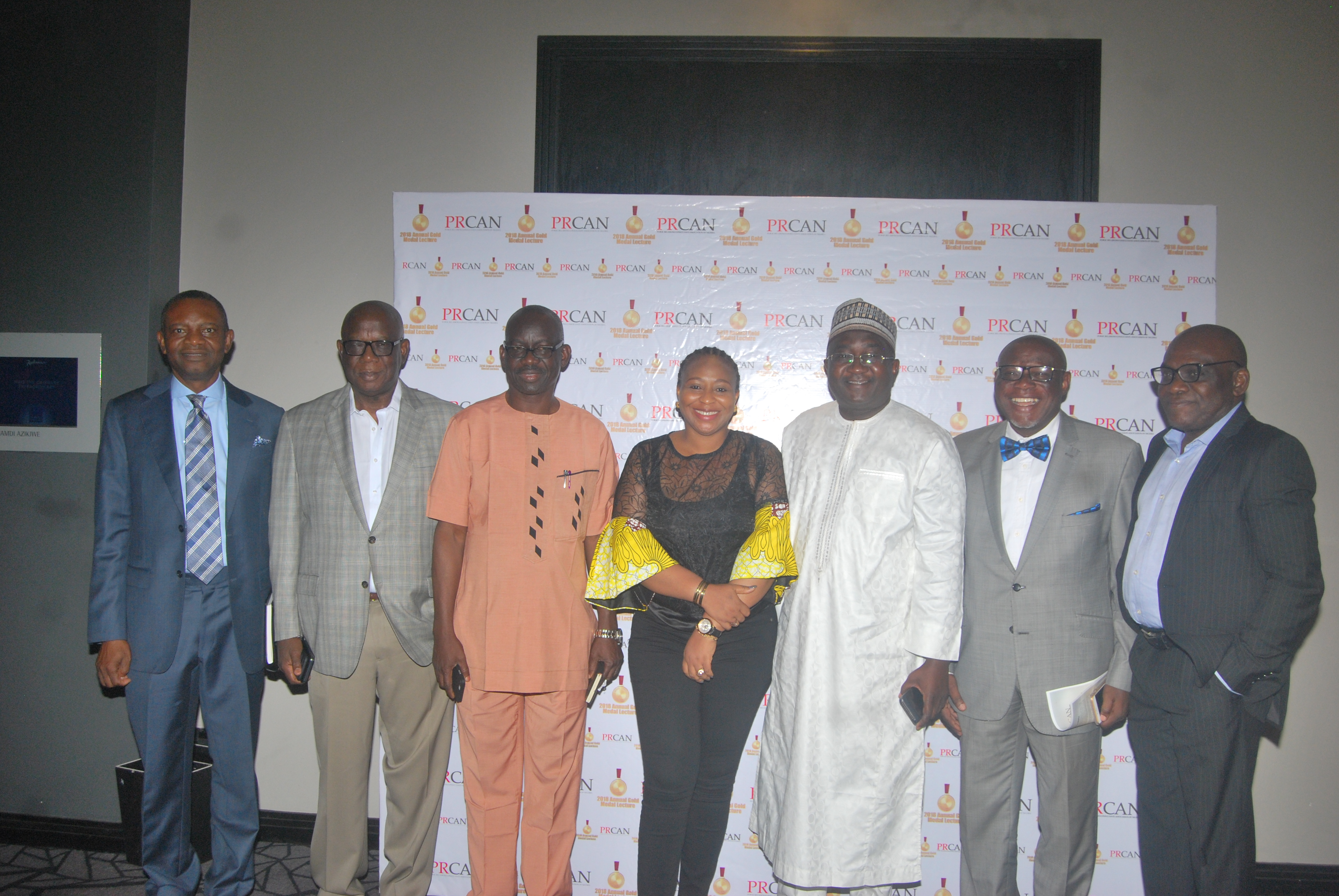
The Guest Lecture pointed out that trends had changed from the days when well-trained journalists were the only gatekeepers of news, with news content and practitioners going through strict processes and training which involved high-standards before publication. “Today anybody can be in the purview of their room and disseminate alternative facts, multiple truth, post-truth or fake news without recourse to any standards or regulations,” he further said.
In his intervention, the NIPR President shared his experience with fake news. According to Sirajo, he was astonished by the report of a small fire incident in Kaduna which was exaggerated by carriers of fake news on one of the social media platforms.
In his words: “A small fire outbreak that didn’t destroy more than N3,000 worth of property was syndicated on Facebook with the alarming headline, ‘Kaduna is on Fire!’. The report stated that Christians have burnt down a mosque in reprisal to an earlier attack by Muslims. I countered the fake news by posting the correct incident. I wouldn’t have known if I didn’t witness it or if the harbinger of the fake news did not mention the street.”
While analysing the fake news scourge, Aigbogun, said: “Truth is sacrosanct and there is only one truth. This is the training of journalists. But today we have learnt there are multiple truths and alternative truths. To the Europeans, Mungo Park discovered River Niger but to the indigenes whose great-grandfathers were born there, River Niger had always been with them.”
He added that, “It is important to also try to understand the way journalism has evolved. In the past journalism was treated like an orphan, in the sense that it was seen like something incapable of taking care of itself and as a result, the burden of catering for journalism was placed on advertising. For journalism to be respected, it will have to pay for itself, which means it must stand on its own and not rely on advertising.”
Earlier in his welcome speech, President of PRCAN, Mr. John Ehiguese had disclosed that the Annual Gold Medal Lecture is a thought leadership platform and one of the many initiatives through which PRCAN promotes the growth of public relations and communication in Nigeria.
The PRCAN Gold Medal Lecture was instituted in 2013 as a platform for sharing knowledge and ideas on issues that will enhance the political and economic development of Nigeria. The inaugural lecture was delivered by Dr Kayode Fayemi, the then Governor of Ekiti State. He spoke on: “The Imperative of Policy Communication in Deepening Democracy and Good Governance.”
The other Guest Lecturer was the former Chief Marketing Officer of Brand South Africa, Miss Wendy Tlou, who delivered a paper on “Destination Marketing: A Case Study of the South Africa Experience.”
PRCAN is legally chartered by a Bye Law of the Nigerian Institute of Public Relations (NIPR), to cater to the interests of the consultancy side of PR practice in Nigeria. The sectoral body of public relations consultancy practice in Nigeria currently has a membership of over 50 firms who provide services across at least 21 PR practice areas.
